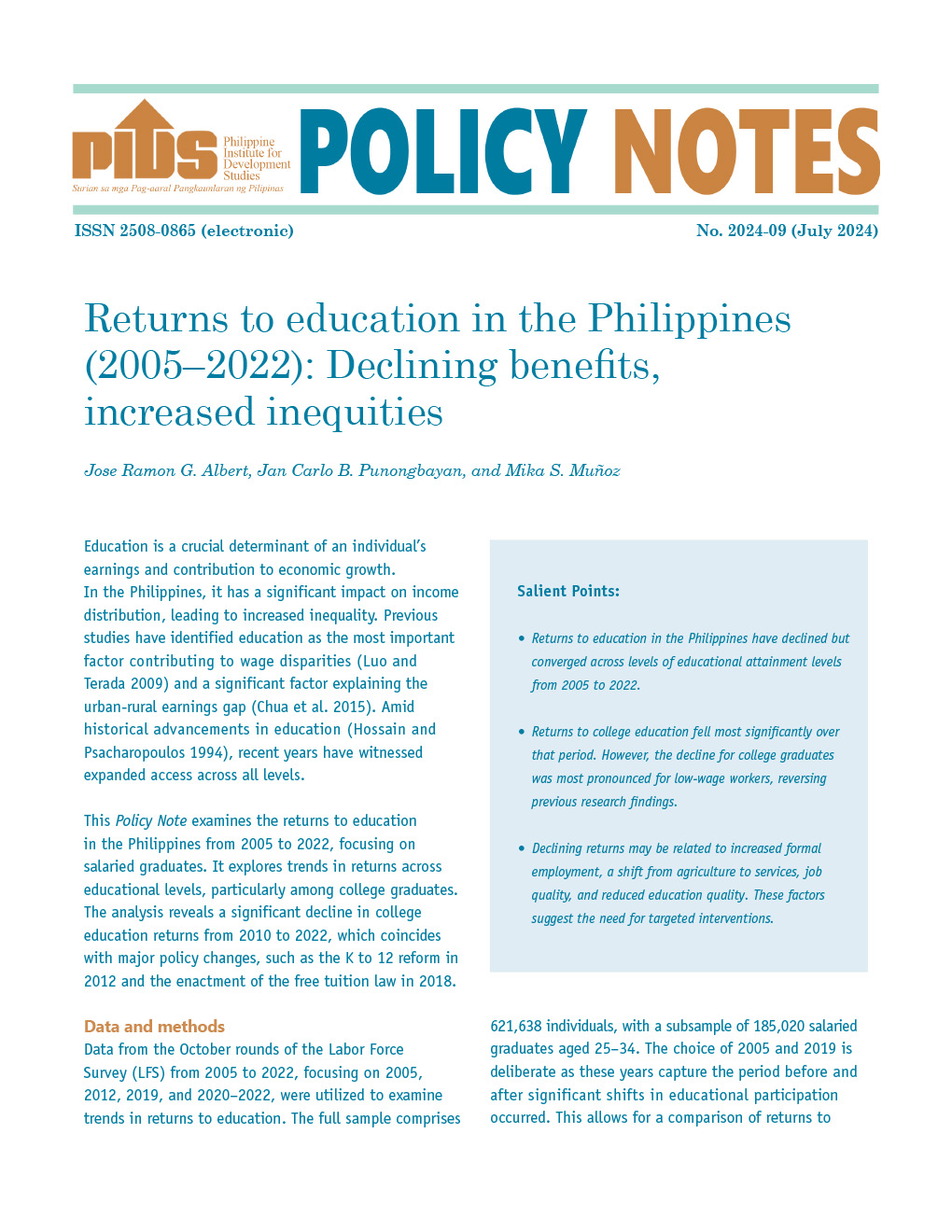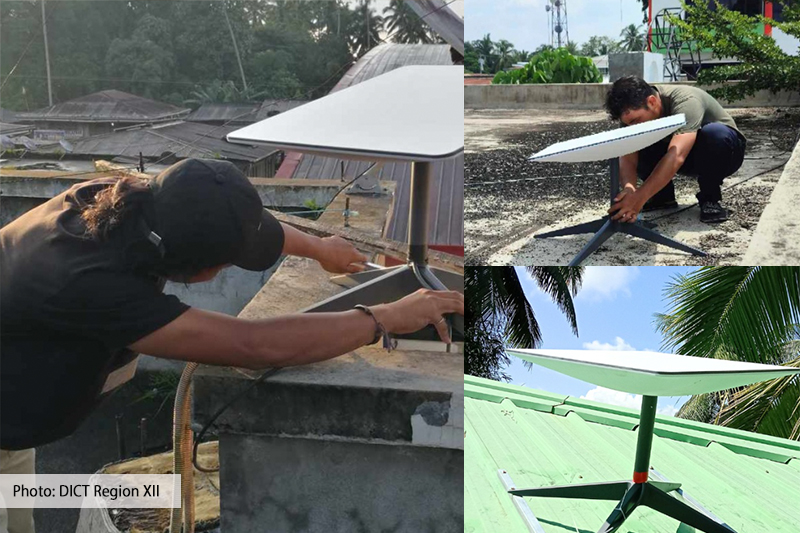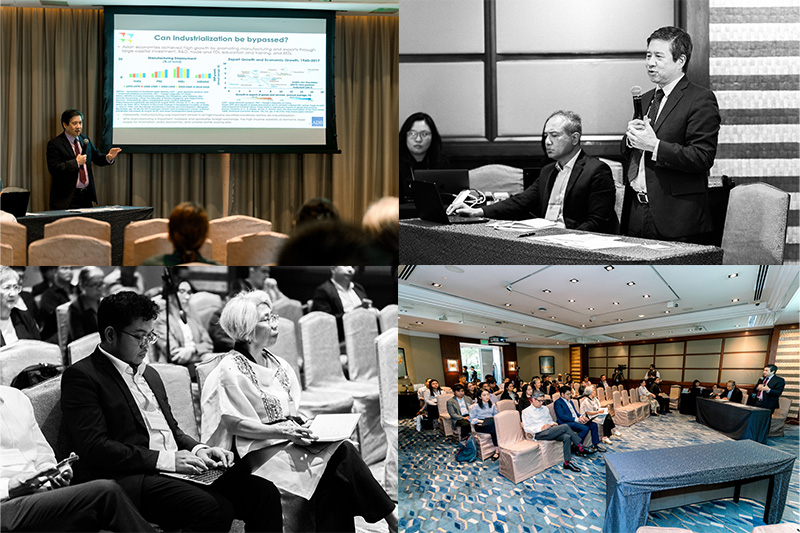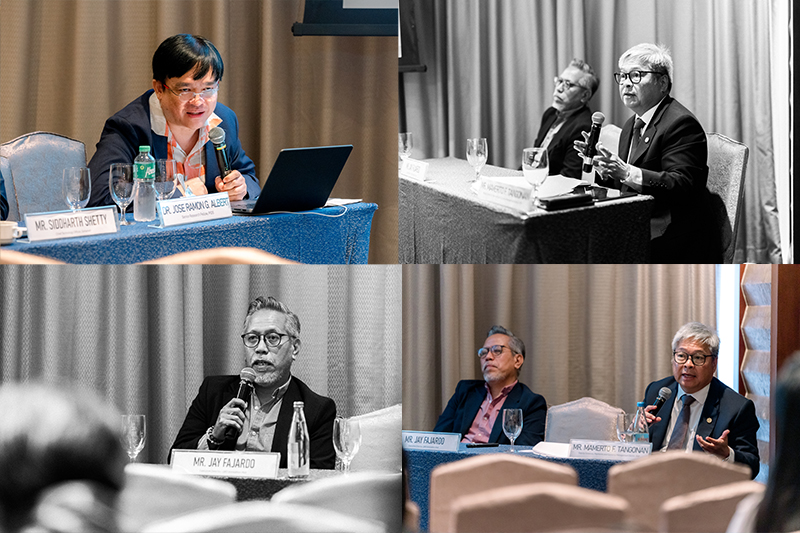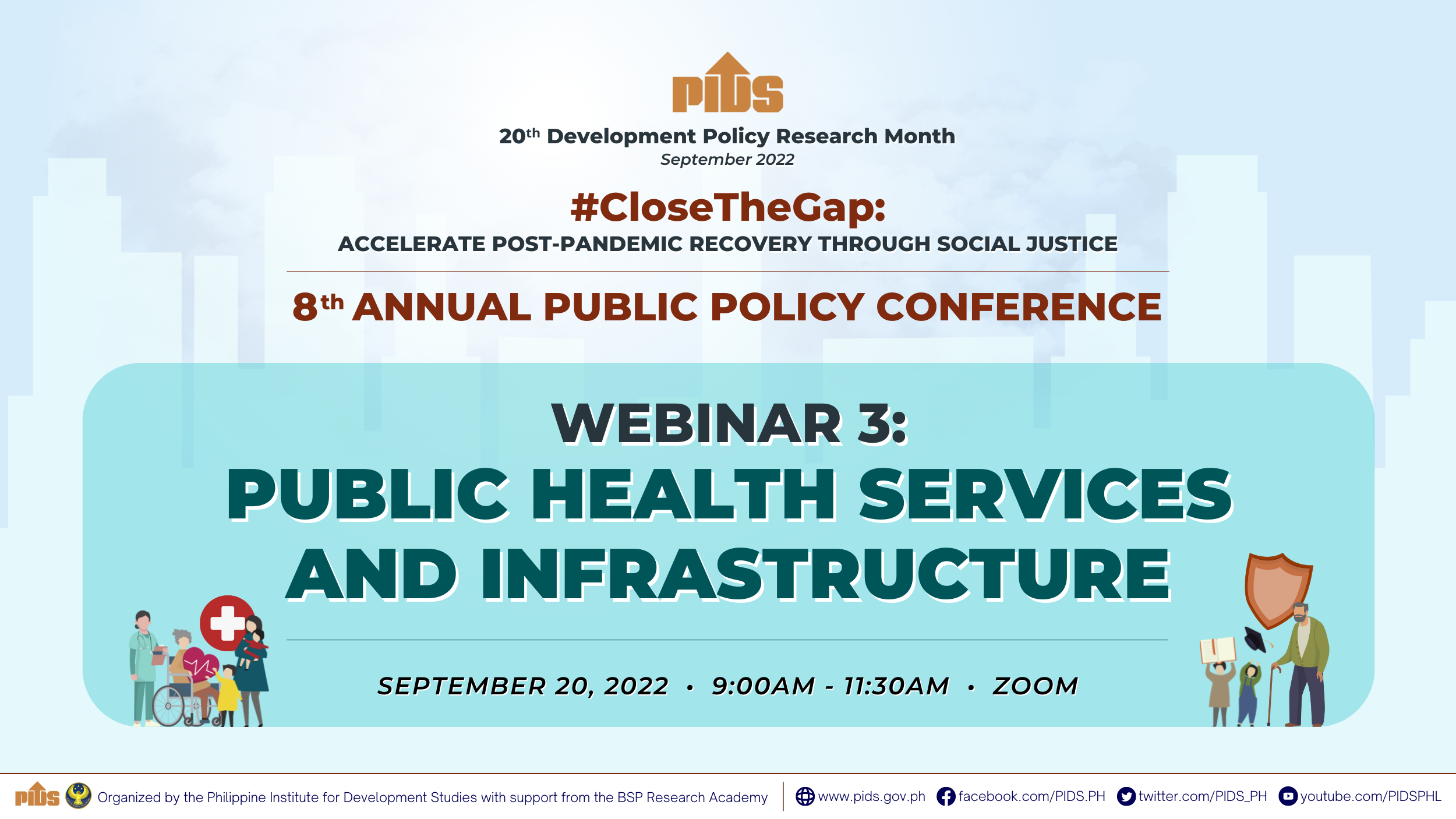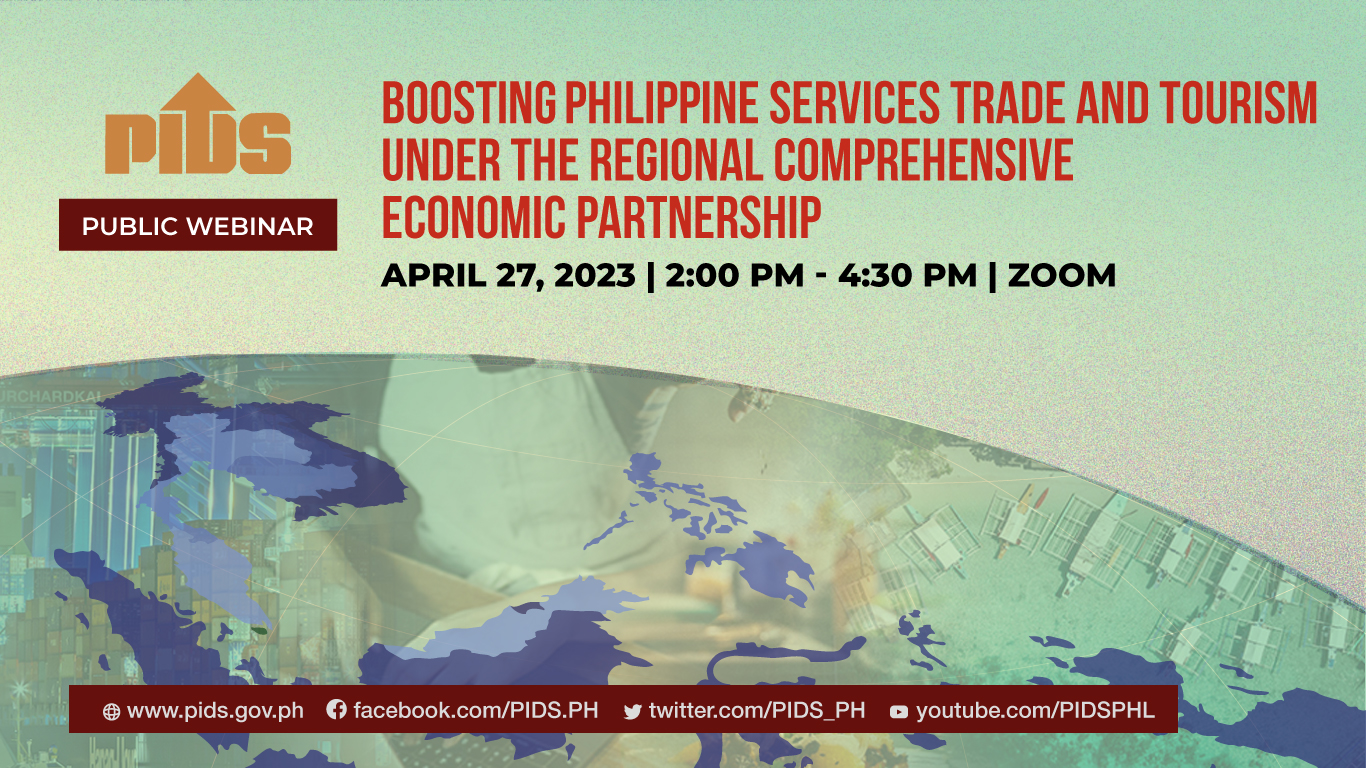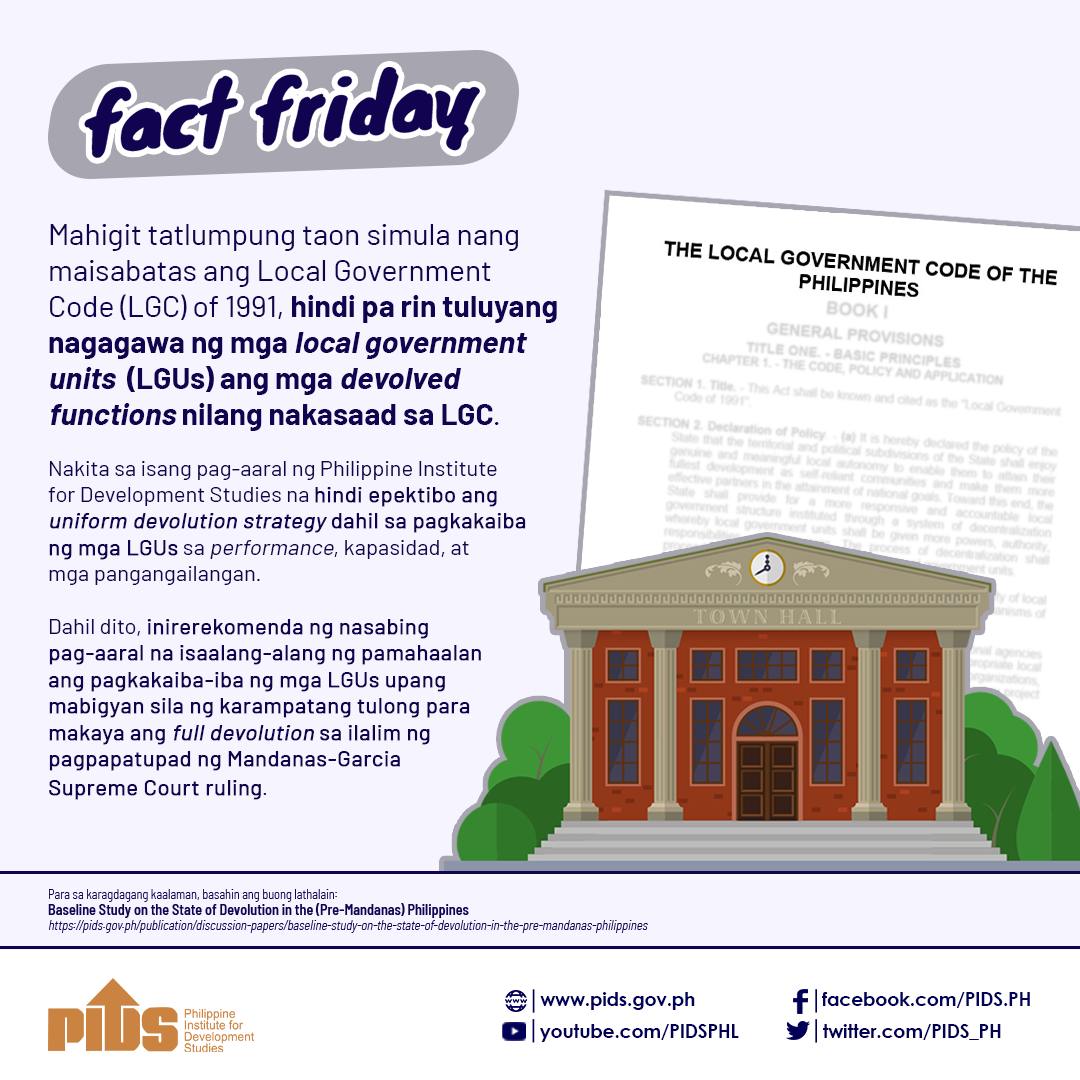Despite the services industry’s contribution to the growth of the Philippines economy in recent years, the national government still has no comprehensive strategy in place to further develop the industry, according to the National Economic and Development Authority (Neda).
At the National Workshop on Services on Monday, Neda Deputy Director General Emmanuel Esguerra admitted that the Philippines is still "in pursuit of one” and that various issues, such as restrictive policies and the lack of institutional memory in government agencies, make crafting a comprehensive strategy a challenge.
"It is in fact a very big challenge because services span a wide range of activities and many of these activities have a different government department or regulatory agency on top of it, and, therefore, the challenge is really bringing together these various people in charge of carrying the positions of their own agencies,” Esguerra said. "Getting institutional memory on hand is already a challenge. How much more the various agencies? But we’ll get there.”
Esguerra explained that coordination among and between agencies has become difficult because there was a "hiatus” in the discussion of the growth of the services sector. This lull, Esguerra said, was also followed by changes in the agencies that handle or regulate certain activities under the services sector.
The Neda official said this is the reason the industry continues to be restrictive. A study released by government think tank Philippine Institute for Development Studies (PIDS) noted the country’s poor performance in the World Bank’s services trade-restrictiveness index (STRI) which measure the restrictiveness of a country’s policy regime based on policy information.
To improve this, Esguerra said some laws and government policies need to be revised such as the government’s policies on the practice of certain professions.
There are more than 20 professions that restrict foreign equity. The list includes all kinds of engineering fields; medical and allied professionals; accountancy, architecture; criminology; chemistry; customs brokerage; environmental planning; forestry; geology; and interior design.
The list also includes landscape architecture; law; librarianship; marine deck officers; marine engine officers; master plumbing; sugar technology; social work; teaching; agriculture; fisheries; and guidance counseling.
Despite being restrictive, PIDS President Gilbert LLanto said the services industry was still able to grow steadily to around 57 percent of the country’s gross domestic product (GDP) in 2013. He added the industry employs around 800,000 Filipinos directly and earned a total revenue of $6 billion.
Llanto also said the IT-Business Process Outsourcing Association of the Philippines (IBPAP) is to account for as much as 10 percent of the Philippine economy by 2016. In that year, the IBPAP expects the services industry will directly employ 1.2 million Filipinos and register revenues worth $85 billion.
"As economies develop, the service industries assume a more dominant share of the economy, contributing to growth and the growth potential of the economy. There are estimates showing that services constitute as much as 70 percent of global GDP and that FDI [foreign direct investment] have started shifting toward services which now constitute almost half of total FDI growth to developing countries,” Llanto said.
"The Philippines is developing a competitive edge in services, but there’s need for greater and deeper understanding of this sector for effective policy measures. There are many issues in trade and investments to discuss,” he added.
The Philippines’s overall score in the SRTI was 53.5, where the higher score indicated a more restrictive policy environment. The country’s score was dragged down by its performance in Professional services, where it scored 80.
The country scored the highest in terms of Transportation, where the Philippines scored 44.2, as well as Financial services, where it scored 45.1. The Philippines scored 50 in both Telecommunications and Retailing, which are not far from the country’s overall score.//
PHL lacks strategy to develop services industry—Neda official


